THOUSANDS of people across the UK took to their balconies and door steps on Thursday (26) evening to applaud health workers who are battling the spread of coronavirus - an emotional show of solidarity during the nation's worst crisis since World War Two.
Clapping, banging pots and pans, cheering and waving at neighbours with whom they are no longer able to shake hands, vast numbers of people took part in the "Clap for our Carers" initiative, which mirrors similar events in other countries.
Italians, who have been the hardest hit by the virus and have been under strict lockdown for much longer, began the trend by singing and playing music from their balconies and applauding their doctors and nurses. The phenomenon soon spread to Spain and France.
Prime Minister Narendra Modi's call for applauding the frontline warriors in the battle against coronavirus drew a rousing response in India.
With the United Kingdom in day three of its own lockdown and millions stuck at home watching videos of what has been happening elsewhere, "Clap for our Carers" exploded on social media on Thursday.
Encouraged by celebrities, politicians and even the royal family, Britons dropped their usual reserve at 2000 GMT to partake in the moment of unity with the beloved National Health Service (NHS).
Television pictures showed people clapping in all four parts of the United Kingdom -- England, Scotland, Wales and Northern Ireland -- while Reuters reporters spread out across London witnessed emotional scenes on their streets and fire crackers being set off.
The cheers and applause broke the quiet brought about by severe restrictions on public life and an edict from the government to stay indoors to stop the virus spreading.
THAMES BOATS BLOW HORNS
As landmarks across the capital lit up in blue in tribute to the NHS logo, Prime Minister Boris Johnson stood alongside finance minister Rishi Sunak on the steps of his Downing Street office and clapped in appreciation.
Sporting and entertainment venues including London Bridge, the Royal Albert Hall and the National Theatre were all lit up in blue, while Thames riverboats that normally transport tourists and commuters joined in by blowing their horns.
The royal family tweeted three 'clapping hands' emoji and the message: "We are enormously thankful for the expertise and commitment of our scientists, medical practitioners and emergency and public services. We thank you all."
The publicly-funded NHS, established in the wake of World War Two to provide free healthcare for all, is a huge source of pride for many Britons but also at the heart of a perennial political debate over its cost and sustainability.
After Johnson called on Tuesday evening for 250,000 volunteers to help the service cope with the coronavirus outbreak, more than double that number signed up within two days. By Thursday evening, the figure was over 670,000.
Britain has reported 578 deaths and more than 11,000 confirmed cases of the virus, with experts warning that the worst is yet to come and the government scrambling to buy equipment to keep its citizens alive.
Frontline doctors have warned they do not have enough personal protective equipment and feel like "cannon fodder" in the fight against the virus and have complained about a lack of testing for healthcare workers.
As the health service becomes increasingly stretched by the number of cases, the government is opening a temporary hospital at an exhibition centre in east London and asking manufacturers to produce thousands of ventilators.
"These are uncertain times for all of us, but they have shown the kindness of our country, and have highlighted once again just how much people value the health service and every single person working in it," said NHS England chief executive Simon Stevens.
(Reuters)




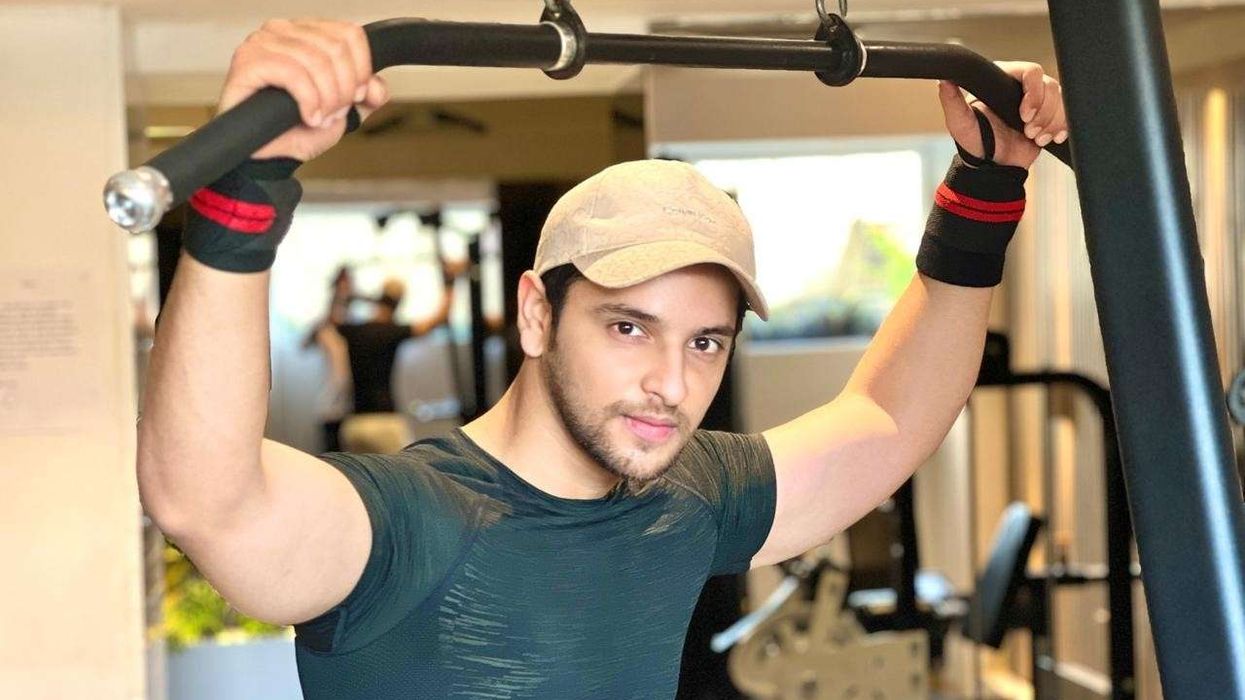
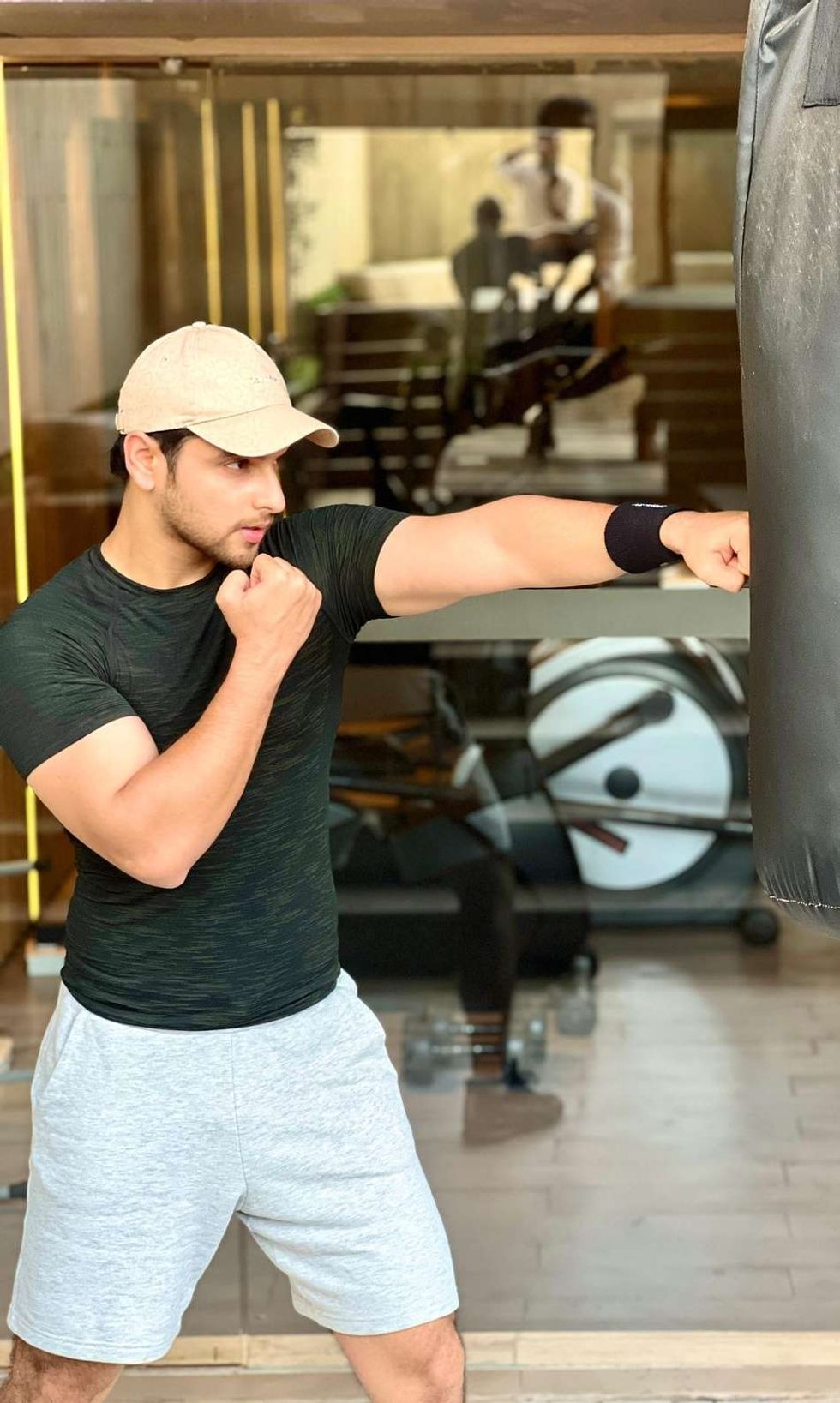 He says: "There’s something incredibly empowering about finishing a solid back workout"AMG
He says: "There’s something incredibly empowering about finishing a solid back workout"AMG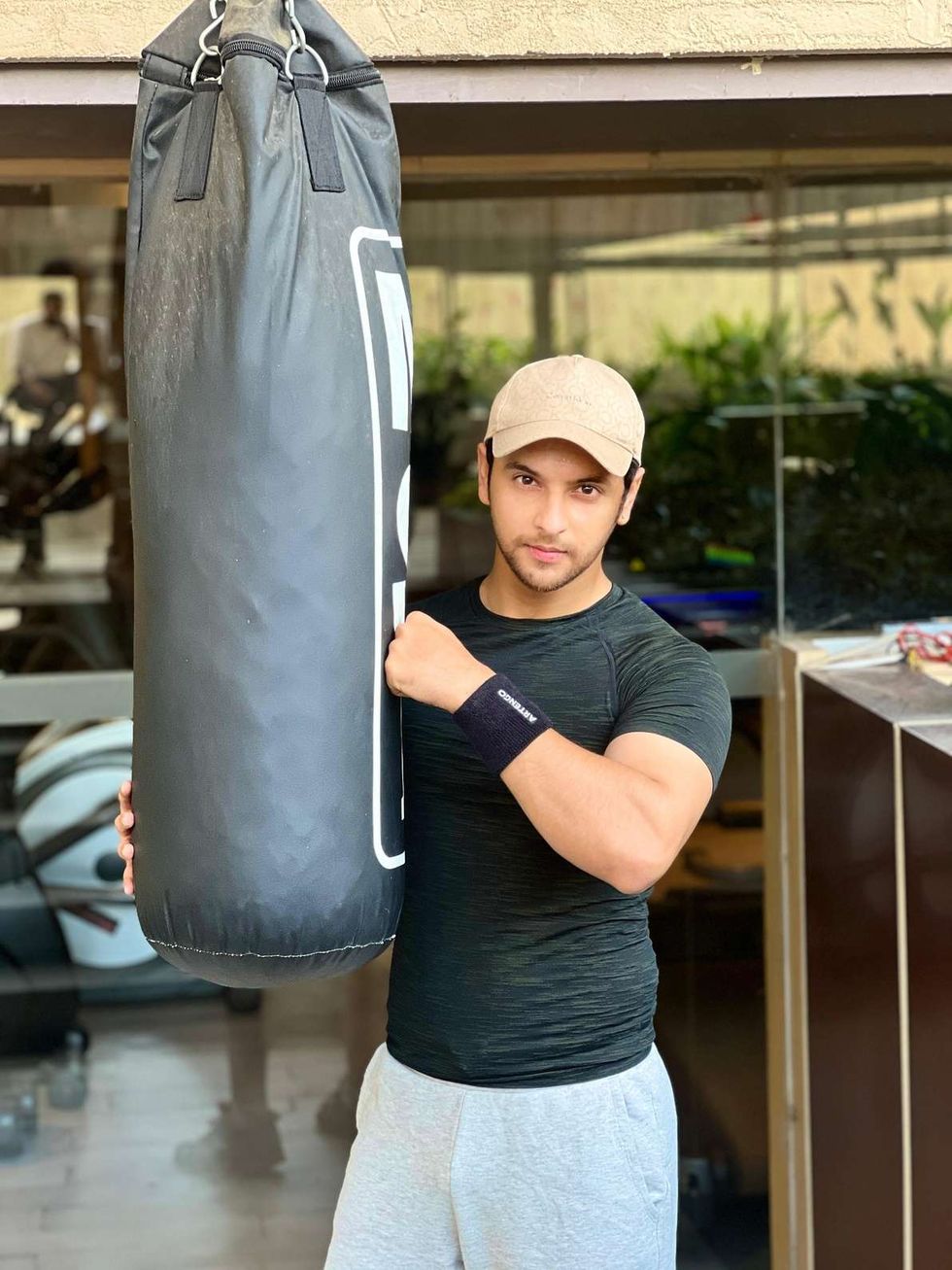 He says: "I think health and wellness are fundamental aspects of life that don’t necessarily require fancy gadgets or apps"AMG
He says: "I think health and wellness are fundamental aspects of life that don’t necessarily require fancy gadgets or apps"AMG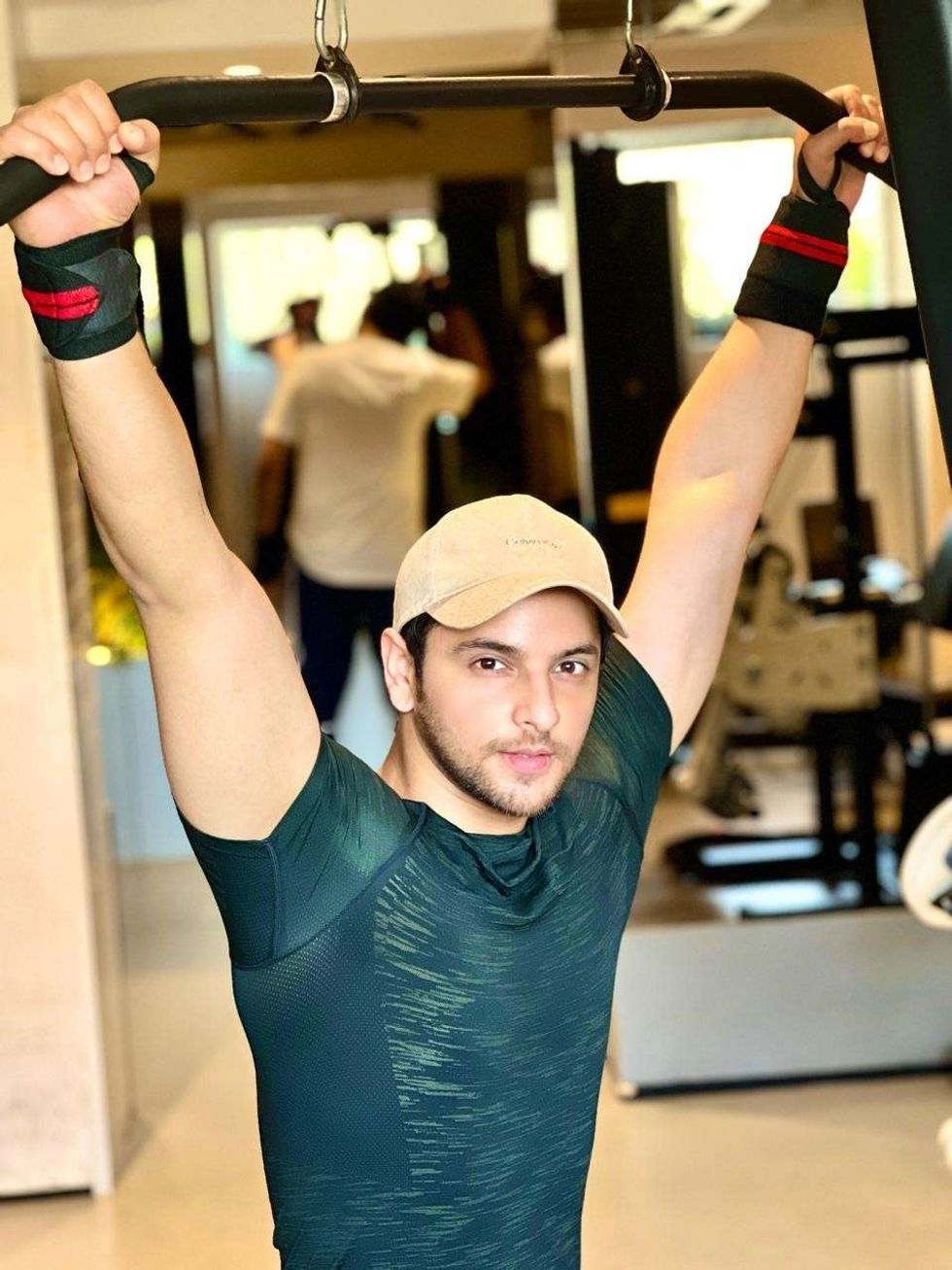 My grandfather is my ultimate inspirationAMG
My grandfather is my ultimate inspirationAMG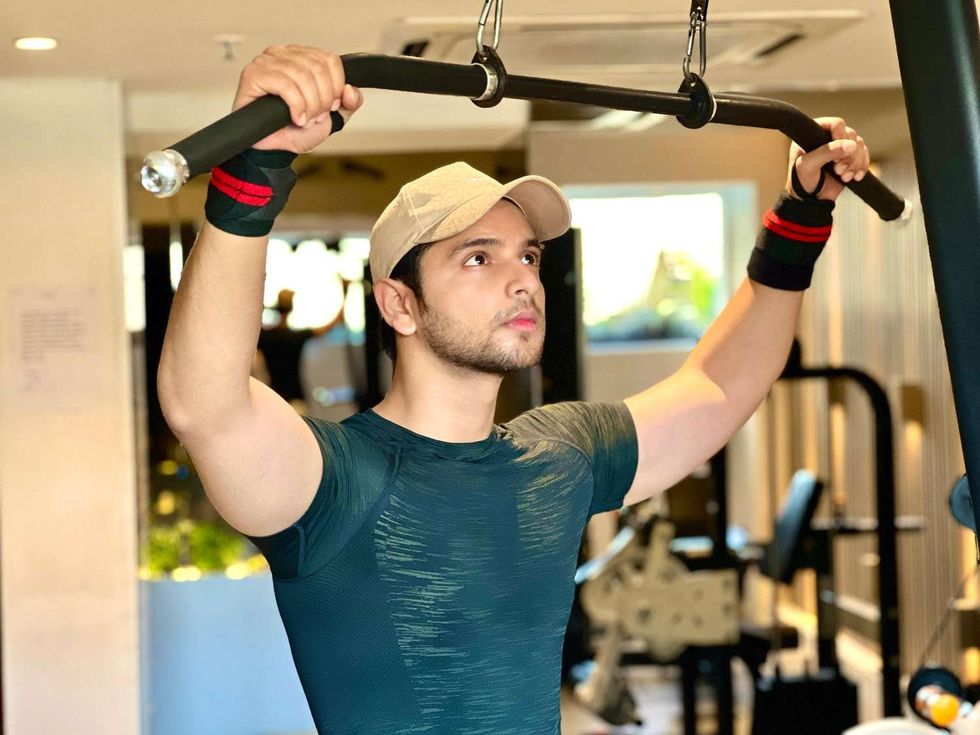 He says : "Without a doubt, it would be Tom Cruise"AMG
He says : "Without a doubt, it would be Tom Cruise"AMG






